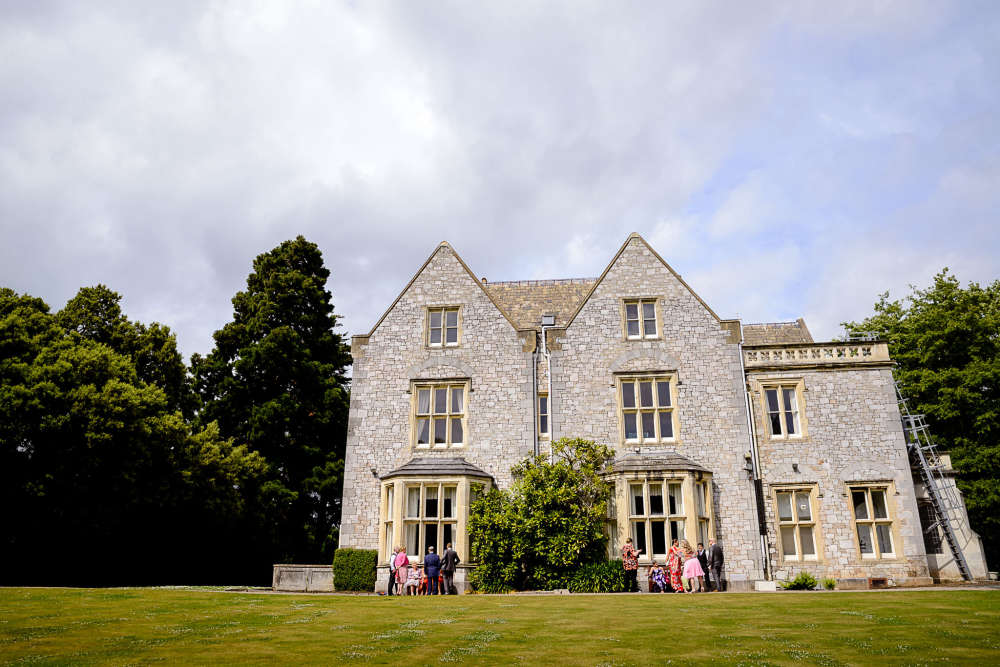
It saves Exeter property from redevelopment
The grounds of an impressive Victorian house near Exeter city centre have been granted listed status by Historic England, just as Devon County Council, which owns it, had hoped to sell up.
Larkbeare House in St Leonards currently homes the county's registration records and is used as a wedding venue.
The county council had already given notice that the last couples to get hitched there will tie the knot next May. It's thought the property and extensive grounds will then be sold for development.
But now the culture secretary Lisa Nandy has put the grounds of Larkbeare House on Historic England’s national Register of Parks and Gardens of Special Historic Interest at Grade II.
That decision has been welcomed by Exeter Civic Society and Devon Gardens Trust, although the house itself hasn't been accepted as a listed building.
Keith Lewis from Exeter Civic Society said: "National registration will give these historic grounds a significant measure of protection, helping to ensure that they are retained for generations to come in Exeter.
"We and others campaigned for this, recognising the threat posed to the grounds by possible development following Devon County Council’s decision to sell Larkbeare House. Many people and organisations contributed to the campaign. The Devon Gardens Trust’s comprehensive, well-researched and authoritative statements to Historic England were especially important in getting a positive decision.”
The grounds of Larkbeare House were designed by James Veitch in about 1862 at the same time as the house was built for John Charles Bowring. James Veitch of Exeter was a nationally important nurseryman – perhaps the most significant of his day. The owner, John Charles Bowring, was himself a noted botanist and orchid grower.
Historic England’s report to the Secretary of State says: ‘The gardens to Larkbeare House are a representative example of a mid-C19 modest villa garden with a layout and planting scheme that survives relatively intact. The retention of specimen trees introduced and popularised by the Veitch nurseries adds to its historic interest. The documented association with the nationally-important nurseryman, James Veitch, senior, particularly in the context of the owner’s interests in plant and botany and his known relationship with the Veitch nurseries, contributes strongly to the gardens special historic interest.’
The Secretary of State also considered whether the house and some structures in the grounds, including the remains of an eighteenth century summerhouse, should be listed on the national register of buildings. She concluded that they should not be listed.
Mr Lewis from Exeter Civic Society isn't happy. He said: “We will be studying Historic England’s report and considering what more can be done. Although the secretary of state does not consider the house of national significance, the society considers it to be a wonderful example of grand villas that dotted Topsham Road with views across the Exe valley towards the Haldon Hills.
"However, national recognition for the grounds is particularly important and will help prevent inappropriate development. The view from the river of the grounds with its magnificent mature trees is both iconic and timeless.”
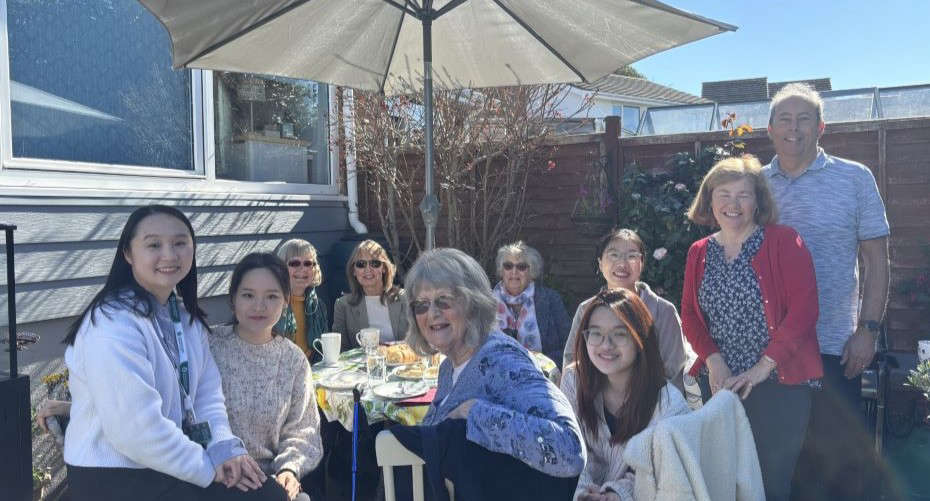 Students connect with elderly residents to combat loneliness
Students connect with elderly residents to combat loneliness
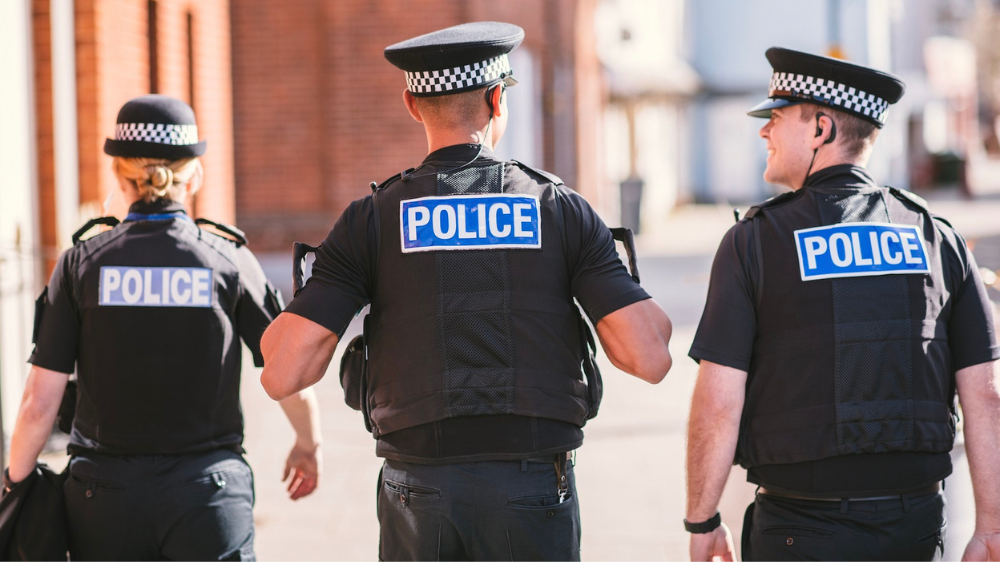 Crackdown on anti-social behaviour in Plymouth
Crackdown on anti-social behaviour in Plymouth
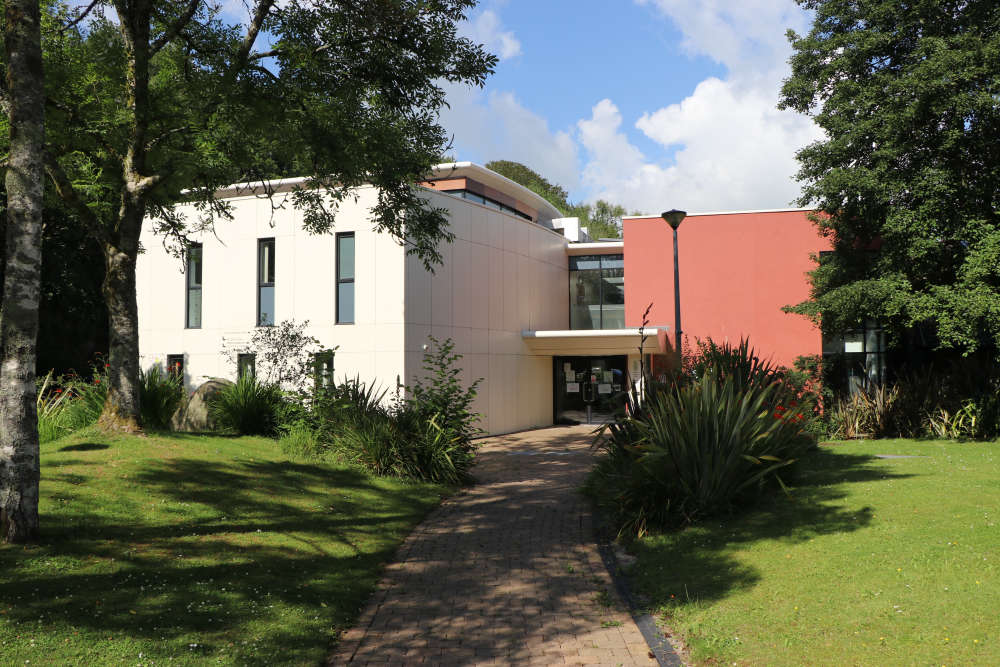 £1.6 million for more energy efficiency Devon home upgrades
£1.6 million for more energy efficiency Devon home upgrades
 SWW to build huge new Churston solar farm
SWW to build huge new Churston solar farm
 MP highlights Devon's dentistry 'crisis'
MP highlights Devon's dentistry 'crisis'
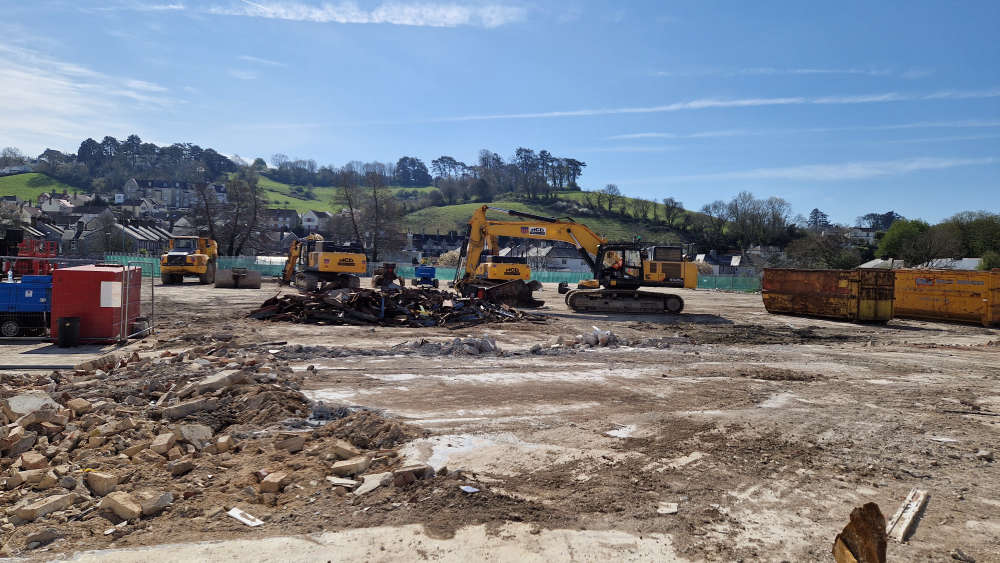 Work on ‘once-in-a-generation’ Newton Abbot project back on track
Work on ‘once-in-a-generation’ Newton Abbot project back on track
